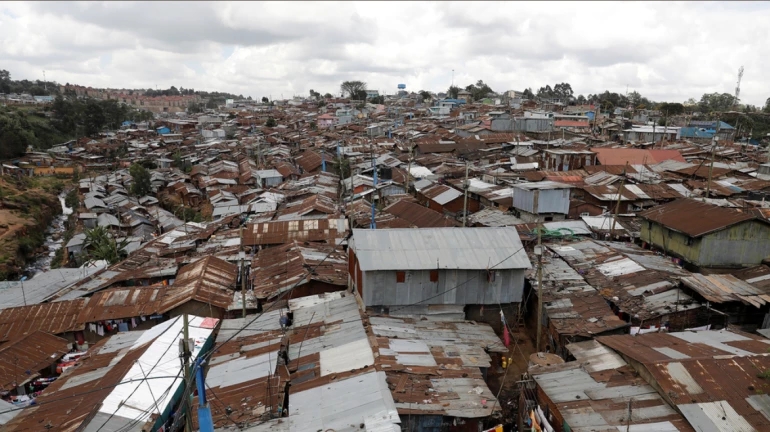
The Maharashtra government will possibly issue a government resolution (GR) granting the Bharatiya Janata Party's (BJP) demand to include first-floor slum residents in slum rehabilitation schemes. However, this decision has raised concerns among experts. They have warned that it could lead to overcrowding and strain on existing infrastructure.
The policy change may lead to a surge in the construction of new first-floor slum tenements. Builders stand to benefit from this change, as they can sell twice as much space while incurring minimal additional expenses. This has sparked debates regarding the potential consequences of uncontrolled construction.
Currently, families living on the ground floor of slums are eligible for free housing or can avail themselves under Pradhan Mantri Awas Yojana (PMAY) by paying INR 2.5 lakh. However, those residing on the first floor are excluded from these benefits prompting the demand for inclusion in rehab schemes.
To address this disparity, officials suggest that the state government may soon adopt a plan allowing first-floor slum dwellers to apply for PMAY by paying the same amount.
The timing of the policy change is also under scrutiny. Experts see this as a populist tweak aimed at expediting stalled slum rehabilitation projects ahead of the upcoming Brihanmumbai Municipal Corporation (BMC) polls. But the potential risks and lack of clarity surrounding eligibility criteria for first-floor tenements have become matters of concern for both experts and developers.
Approximately 50 to 60 per cent of Mumbai's slum residences are located on the first floor. Though, concerns are raised about the lack of clarity regarding eligibility for first-floor tenements. The criteria currently include a separate entry and exit as well as a separate electric metre. But further expansion of these eligibility criteria is anticipated in the future. This uncertainty pose challenges for both developers and potential residents, as it leaves room for ambiguity.
In the past, the Slum Rehabilitation Authority (SRA) provided free dwellings for occupants of top floors of slums and chawls before January 1, 1976. Efforts to curb theft and ensure better service provision were initiated by the BEST administration in 2015 through the introduction of separate electric metres for lofts and first floors in slum areas. The monthly electricity bill is not considered sufficient proof of occupancy, leaving room for potential discrepancies and challenges in identifying eligible residents.





